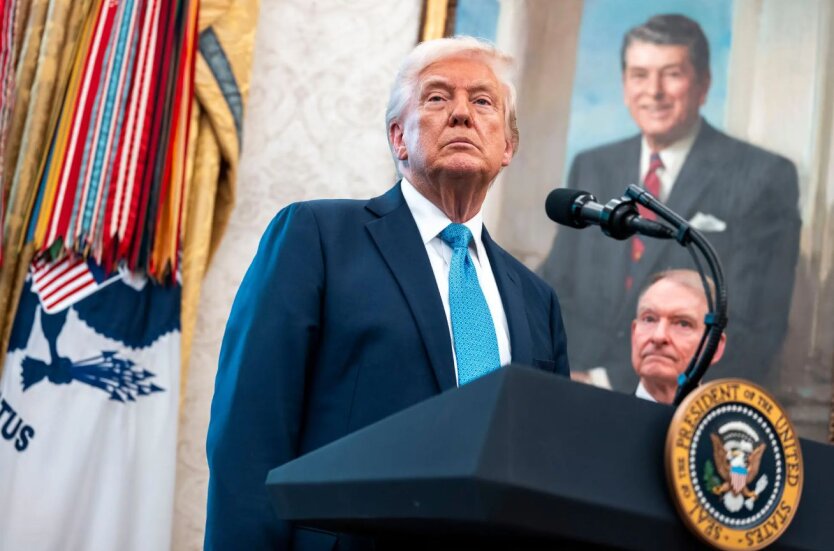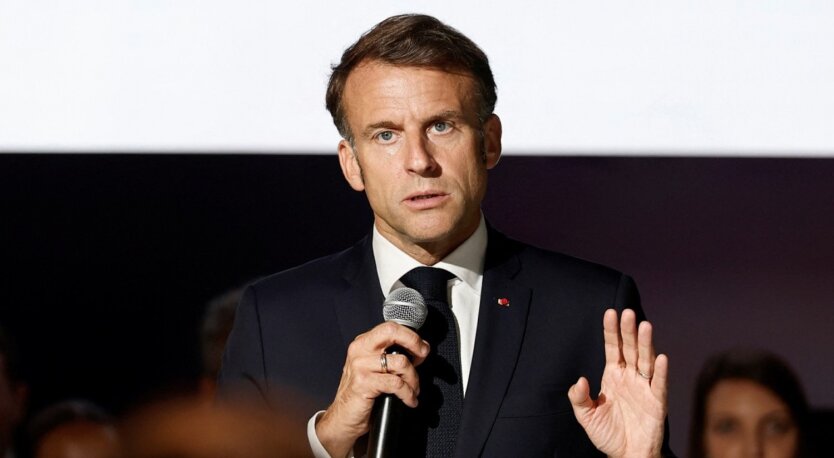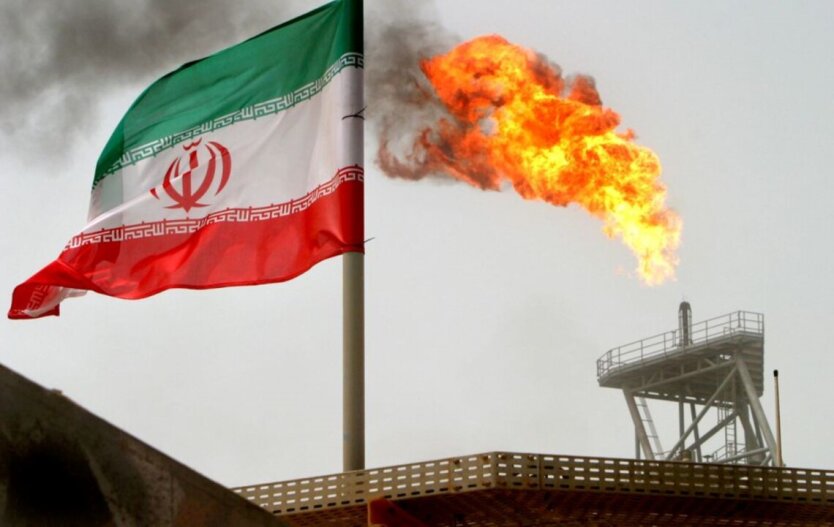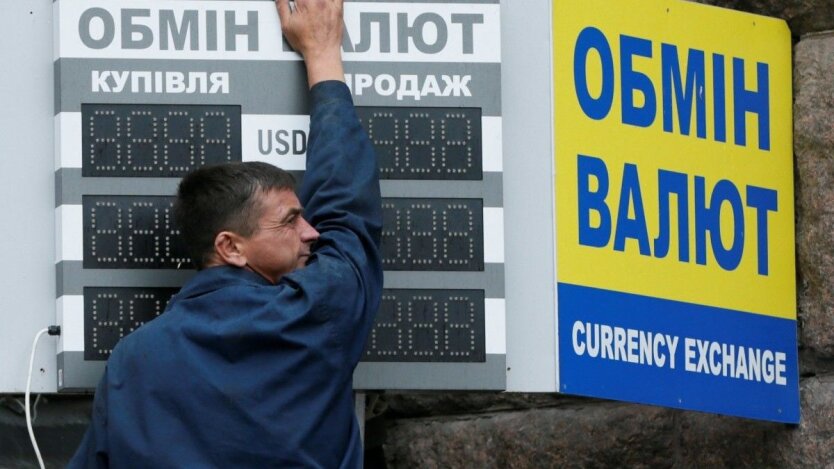Trump 2.0: A Radical Shift in Global Politics in 100 Days.


In the first 100 days of his presidential term, Donald Trump made significant changes to the global order that had been established after World War II. His 'America First' policy sparked negative reactions among allies and inspired opponents, creating serious concerns about the future of international relations.
Trump is now much more radical
According to former U.S. envoy Elliott Abrams, Trump is now unpredictable. His policies force countries to seek ways to protect themselves from American influence. For instance, countries in the European Union are strengthening their defense industry, South Korea is considering developing nuclear weapons, and some nations are moving closer to China.
Domestically, Trump is criticized for a 'democratic retreat,' including pressure on judges, universities, and a harsh deportation policy. According to polls, more than half of Americans believe that Trump is too connected to Russia.
Trump's policies impact the global order based on free trade and the rule of law. They cause changes in financial markets and weaken the dollar's position. Although Trump has softened his stance on some issues, no sudden changes in his foreign policy should be expected.
The Trump administration's attitude towards Europe and NATO raises serious concerns among allies. German Chancellor Friedrich Merz warns of a threat to Europe and anxiously claims that the slogan 'America First' is turning into 'America Alone.'
Trump's rhetoric, which is unpredictable for modern presidents, harms the global image of the United States. He has expressed intentions to 'purchase' Greenland, make Canada the 51st state, seize the Panama Canal, and turn Gaza into a 'Riviera-style resort.' Experts believe that Trump may seek to revive Cold War structures with ambitions of dividing spheres of influence among great powers.
While some experts argue that these statements are extreme positions for negotiations, the reactions of other countries remain serious. Danish Prime Minister Mette Frederiksen questions what to expect now that Trump demands maintaining part of the territory of the Danish kingdom, reflecting on the views they have held towards this country for many years.
Governments around the world are reassessing their strategies concerning the U.S. The European Union is preparing counter-tariff measures during the conflict with Trump, who accuses it of losing goods. Germany and France are considering increasing their defense spending and developing their own military industry instead of purchasing American weapons.
Canada, a historical ally of the U.S., is strengthening its ties with Europe, especially after national elections held in the midst of a complicated period. South Korea is trying to maintain a critically important alliance against threats from North Korea. Japan is also seeking answers to unexpected high tariffs.
Concerns are growing that some countries may align closer with China, which is the main target of Trump's tariff policy. The Prime Minister of Spain has already met with the Chinese president, and China is actively positioning itself as an alternative to American pressure.
Former diplomat Aaron David Miller believes that Trump may change his policies, especially under internal political pressure. His statements do not yet mean that relations between the U.S. and other countries will be restored.
Read also
- NBC learned who Trump consults regarding Iran
- Trump to make a decision on Iran. The White House announced the deadlines
- The White House said when Trump will present the final decision regarding Iran










